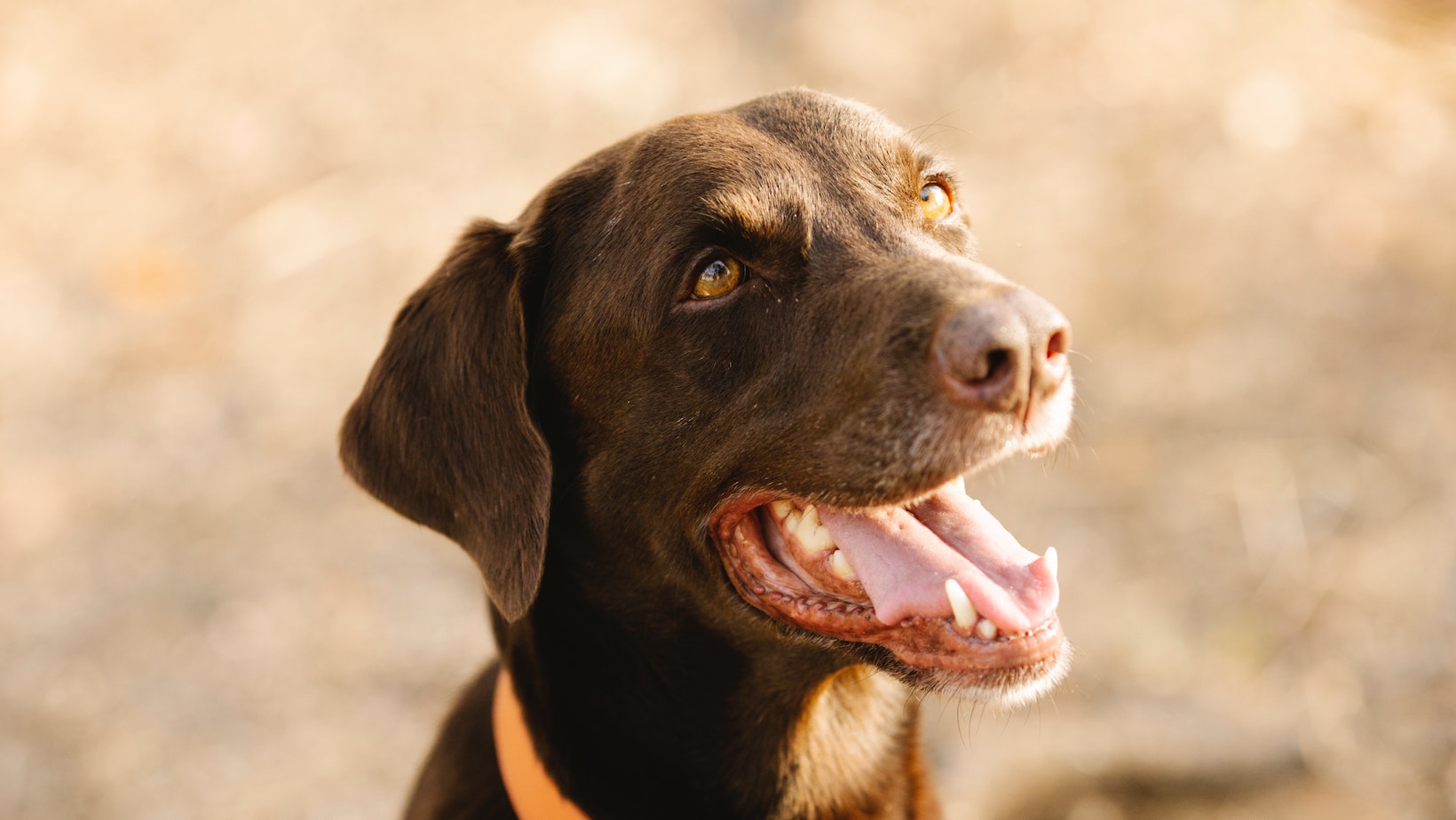When it comes to training a hunting dog, especially a Labrador, there are several key factors to consider. First and foremost, establishing a strong bond with your canine companion is crucial. Building trust and creating a positive relationship lays the foundation for effective training.
How to Train a Hunting Dog
One of the initial steps in training a hunting dog is teaching basic obedience commands such as sit, stay, come, and heel. These commands will not only enhance safety but also provide the necessary control during hunting trips. Consistency is key when reinforcing these commands, using positive reinforcement techniques like treats or praise to reward desired behaviors.
Additionally, exposing your Labrador to different environments and introducing them to various hunting scenarios will help develop their skills. Gradually introduce them to gunfire sounds and simulate retrieving tasks using dummy ducks or birds. This exposure will acclimate them to the sights and sounds they will encounter in the field.

Choosing the Right Breed for Hunting
When it comes to training a hunting dog, one of the most crucial decisions you’ll make is selecting the right breed. Different breeds possess varying instincts and characteristics that can greatly impact their hunting abilities. In this section, we’ll explore important considerations when choosing a hunting dog breed, popular breeds known for their hunting prowess, and how to match your lifestyle with the right canine companion.
Important Considerations
Before diving into specific breeds, there are several factors you should take into account when considering a hunting dog:
- Purpose: Determine the type of game you plan to hunt. Some dogs excel in retrieving waterfowl while others are more adept at tracking and flushing upland game birds.
- Size: Assess your hunting environment and ensure that the size of your chosen breed fits appropriately. For instance, smaller breeds may navigate thick cover more effectively.
- Temperament: Look for a breed that possesses the desired temperament traits such as trainability, focus, and endurance.
- Energy level: Evaluate your own activity level and match it with a breed that has compatible energy requirements for optimal performance.
Popular Hunting Breeds
While there are numerous exceptional hunting breeds available, certain ones have gained popularity among hunters due to their innate skills and trainability. Here are some renowned choices:
- Labrador Retriever: Widely regarded as an excellent all-around hunting companion, Labradors possess exceptional intelligence and versatility in various terrains.
- German Shorthaired Pointer: Known for its remarkable pointing ability combined with natural scenting skills, this breed excels in upland bird hunting.
- Golden Retriever: Equipped with superior retrieving instincts both on land and in water, Golden Retrievers make fantastic companions for waterfowl hunters.
- English Springer Spaniel: With their keen sense of smell and tireless stamina, Springer Spaniels excel in flushing and retrieving game birds.
Remember, these breeds are just a starting point. Each dog is an individual with its own personality, so it’s important to consider the specific lineage and training potential of any breed you’re interested in.
Matching Your Lifestyle
Beyond hunting capabilities, it’s crucial to select a breed that aligns with your lifestyle and living situation. Consider the following aspects:
- Time commitment: Training and exercising a hunting dog requires time and dedication. Ensure you can commit to regular training sessions, exercise routines, and mental stimulation.
- Living arrangements: Assess whether your chosen breed will thrive in your home environment—whether it’s an apartment or a house with ample outdoor space for exercise.
- Family dynamics: If you have children or other pets at home, choose a breed known for its good temperament around kids and compatibility with other animals.
By carefully considering these factors, you’ll increase the likelihood of finding the perfect hunting companion that not only excels in the field but also fits seamlessly into your lifestyle.